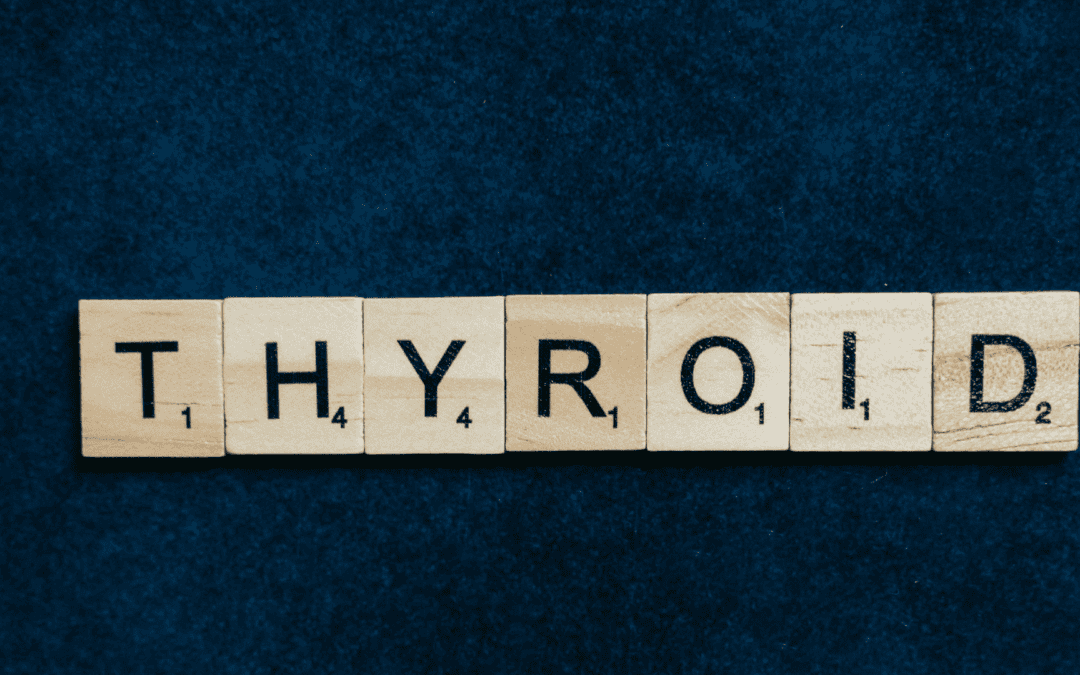The thyroid, a small gland located at the base of the neck, plays a critical role in regulating the body’s metabolism. When the thyroid does not function correctly, it can lead to various health problems. Therefore, understanding how to detect thyroid issues early can help maintain overall health.
Understanding the Thyroid Gland
The thyroid gland is butterfly-shaped and situated at the base of the neck. Although small, it has a significant impact on health. It produces hormones called triiodothyronine (T3) and thyroxine (T4), which regulate metabolism. These hormones influence heart rate, body temperature, and how quickly food is transformed into energy.
Common Thyroid Disorders
Thyroid disorders can be broadly classified into two categories: hypothyroidism and hyperthyroidism.
Hypothyroidism occurs when the thyroid gland does not produce enough hormones. It can lead to symptoms like fatigue, weight gain, and depression. Conversely, hyperthyroidism happens when the thyroid produces too many hormones, resulting in symptoms such as weight loss, anxiety, and a rapid heart rate. Recognizing these symptoms early is essential for timely medical intervention.
Signs and Symptoms of Thyroid Issues
Thyroid problems often manifest through a variety of symptoms. However, these symptoms can be subtle and often mistaken for other health issues.
Hypothyroidism Symptoms
- Fatigue: Persistent tiredness that does not improve with rest.
- Weight gain: Unexplained increase in weight despite no change in diet or exercise.
- Cold intolerance: Feeling cold more frequently than others.
- Dry skin and hair: Skin may become dry, rough, and flaky, while hair may become brittle.
- Depression: Mood changes, including feeling low and depressed.
Hyperthyroidism Symptoms
- Weight loss: Losing weight without trying.
- Increased appetite: Feeling hungry more often, but still losing weight.
- Anxiety: Feeling unusually nervous or anxious.
- Rapid heart rate: The heartbeat feels faster than normal when resting.
- Heat intolerance: Becoming easily overheated.
Diagnosing Thyroid Disorders
Physical Examination
During a physical exam, an ENT professional may check for signs of an enlarged thyroid gland, known as a goiter. They may also feel for any lumps or nodules on the gland.
Blood Tests
Blood tests are essential for diagnosing thyroid issues. The most common thyroid function test is the TSH (Thyroid Stimulating Hormone) test. High TSH levels may indicate hypothyroidism, while low TSH levels might suggest hyperthyroidism. Additional tests for T3 and T4 levels provide further insights.
Imaging Tests
If a physical exam or blood tests indicate an issue, imaging tests such as ultrasound may be ordered. This helps in examining the gland’s size, shape, and presence of nodules.
Biopsy
In some cases, a biopsy may be needed, especially if there is a concern about thyroid cancer. A small sample of tissue is taken from the thyroid and examined under a microscope.
Risk Factors for Thyroid Issues
Several factors can increase the risk of developing thyroid problems. These include:
- Age: Thyroid disorders are more common in individuals over the age of 60.
- Gender: Women are more likely to develop thyroid problems than men.
- Family history: A family history of thyroid issues increases the risk.
- Autoimmune disorders: Conditions like type 1 diabetes or rheumatoid arthritis can elevate the risk.
- Radiation exposure: Previous exposure to radiation, especially to the head or neck area, can be a risk factor.
Preventative Measures and Management
While some risk factors cannot be controlled, certain steps can be taken to manage and prevent thyroid issues.
Regular Check-Ups
Regular medical check-ups can help detect thyroid problems early. Blood tests can monitor thyroid hormone levels, allowing for timely action if abnormalities are detected.
A diet rich in iodine, selenium, and zinc supports thyroid health. Foods like seafood, nuts, and dairy products are beneficial. However, iodine intake should be balanced, as both deficiency and excess can cause thyroid problems.
Chronic stress can negatively impact thyroid function. Practices such as meditation, yoga, and adequate sleep help in managing stress levels.
Medication
If diagnosed with a thyroid disorder, medication can effectively manage the condition. For hypothyroidism, synthetic thyroid hormones can restore hormone levels. For hyperthyroidism, medications that reduce hormone production may be prescribed. In some cases, radioactive iodine treatment or surgery may be necessary.
Conclusion
Detecting thyroid issues early can significantly improve health and well-being. Recognizing the symptoms, undergoing regular check-ups, and managing risk factors are vital steps. Understanding thyroid health empowers individuals to seek appropriate treatment and maintain a balanced life.

